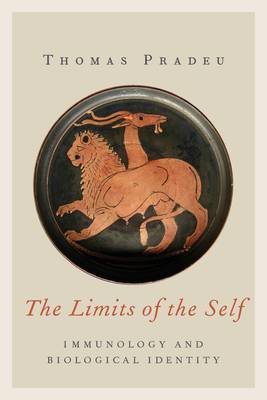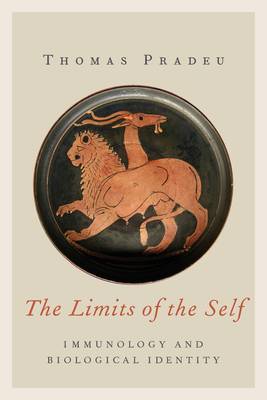
- Afhalen na 1 uur in een winkel met voorraad
- Gratis thuislevering in België vanaf € 30
- Ruim aanbod met 7 miljoen producten
- Afhalen na 1 uur in een winkel met voorraad
- Gratis thuislevering in België vanaf € 30
- Ruim aanbod met 7 miljoen producten
Omschrijving
What counts as an individual in the living world? What does it mean for a living thing to remain the same through time, while constantly changing? These questions are the province of immunology, one of the most dynamic fields in biology. Immunology answers these questions with its theory of "self" and "nonself" which has dominated the field since the 1940s. Thomas Pradeu argues that this theory is inadequate, because immune responses to self constituents and immune tolerance of foreign entities are the rule, not the exception. Instead Pradeu advances an alternative theory, the continuity theory, which offers a new way to answer the question of what triggers an immune response. It also echoes the recent realization that all organisms, and not only higher vertebrates, have an immune system.
Pradeu's main thesis is that the self-nonself theory should be abandoned, but that immunology still proves to be decisive for delineating the boundaries of the organism. Articulating an evolutionary and an immunological perspective, he offers an original conception of the organism. Tolerance of the fetus by the mother and of countless bacteria on the body's surfaces proves that every organism is heterogeneous, that is, made of entities of different origins. In other words, every organism appears as a chimera, a mixed living thing-the cohesiveness of which is ensured by the constant action of its immune system.
The Limits of the Self, will be essential reading for anyone interested in the definition of biological individuality and the understanding of the immune system.
Specificaties
Betrokkenen
- Auteur(s):
- Vertaler(s):
- Uitgeverij:
Inhoud
- Aantal bladzijden:
- 314
- Taal:
- Engels
Eigenschappen
- Productcode (EAN):
- 9780190869571
- Verschijningsdatum:
- 1/01/2019
- Uitvoering:
- Paperback
- Formaat:
- Trade paperback (VS)
- Afmetingen:
- 140 mm x 208 mm
- Gewicht:
- 317 g

Alleen bij Standaard Boekhandel
Beoordelingen
We publiceren alleen reviews die voldoen aan de voorwaarden voor reviews. Bekijk onze voorwaarden voor reviews.









